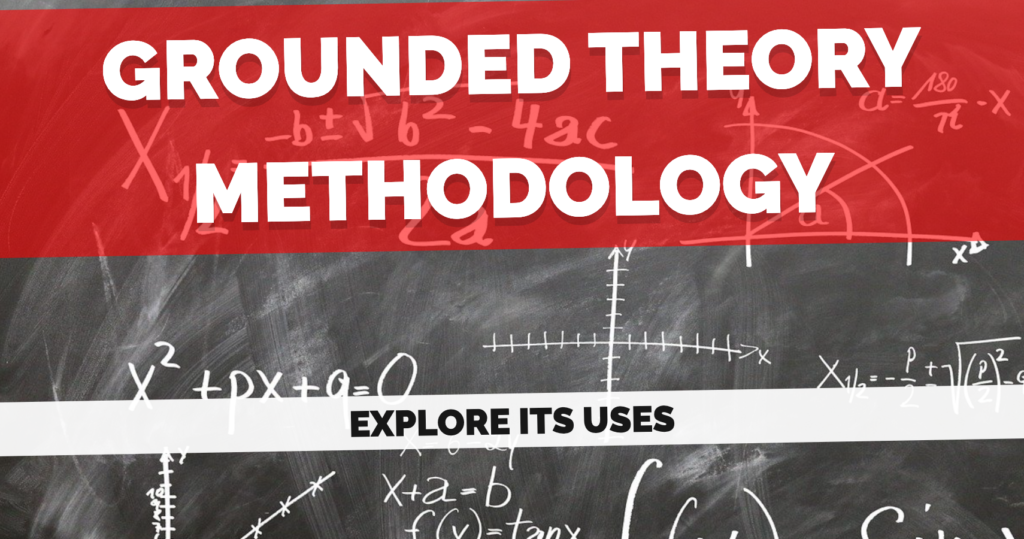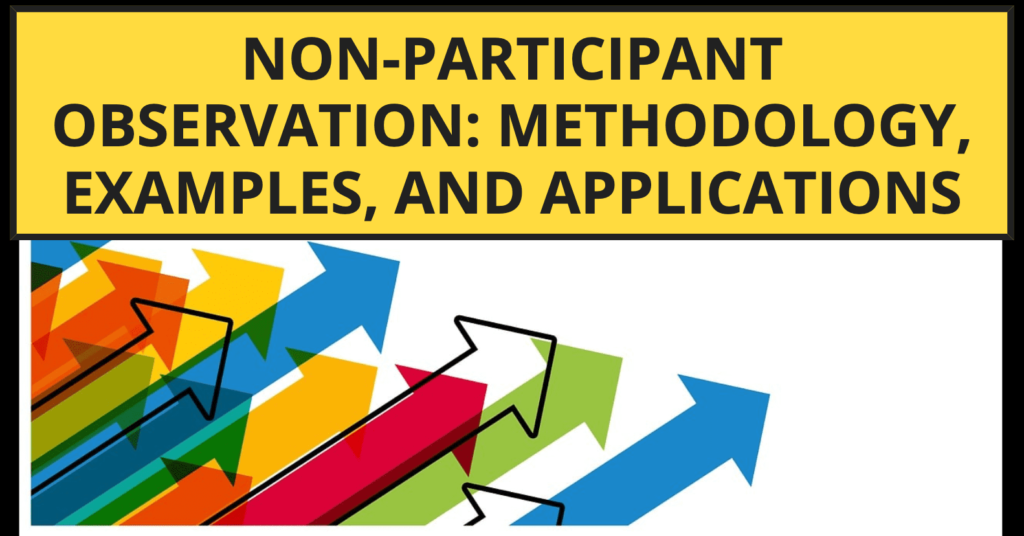Grounded theory methodology, with its systematic approach to theory development rooted in real-world data, has become indispensable across various fields. Understanding the nuances of grounded theory methodology and its uses is essential for researchers seeking to unravel complex phenomena.
Understanding Grounded Theory Methodology
At its core, grounded theory methodology involves a rigorous process of data collection, analysis, and theory development. Unlike traditional deductive approaches, which start with a predefined theory or hypothesis, grounded theory begins with the data itself. Researchers immerse themselves in the data, allowing patterns and themes to emerge organically.
The Process Unveiled
Data Collection: Researchers gather rich, qualitative data through methods such as interviews, observations, and document analysis. This data is typically unstructured, allowing for a deep exploration of the subject matter.
Constant Comparison: Through a process of constant comparison, researchers analyze the data line by line, identifying similarities and differences. This iterative process helps uncover key concepts and relationships.
Theoretical Sampling: Grounded theory emphasizes theoretical sampling, where researchers purposefully select new data sources to further develop emerging theories. This ensures that the theory remains grounded in the data.
Theory Development: As patterns and themes emerge, researchers begin to develop theoretical frameworks or models. These theories are not imposed from the outset but are instead derived directly from the data.
Applications Across Disciplines
Grounded theory methodology finds application across a wide range of disciplines, including:
Sociology: In sociology, grounded theory is used to explore social processes, interactions, and phenomena such as identity formation and social movements.
Psychology: Psychologists employ grounded theory to understand human behavior, cognition, and emotion, shedding light on topics such as coping mechanisms and therapeutic processes.
Business Studies: In business research, grounded theory helps uncover organizational dynamics, decision-making processes, and market trends, informing strategic planning and management practices.
Healthcare: Grounded theory is valuable in healthcare research for exploring patient experiences, healthcare delivery models, and factors influencing health outcomes.
The Value of Grounded Theory
Rich Insights: By starting with the data, grounded theory offers rich, nuanced insights into complex phenomena, capturing the voices and perspectives of those being studied.
Flexibility: Grounded theory methodology is inherently flexible, allowing researchers to adapt their approach based on the evolving nature of the data and research questions.
Practical Applications: The theories generated through grounded theory have practical applications, informing policy, practice, and decision-making across various domains.
In conclusion, grounded theory methodology, with its rigorous yet flexible approach to theory development, continues to be a cornerstone of research across disciplines. Understanding its uses and applications is vital for researchers aiming to uncover deeper insights into the complexities of our world.









